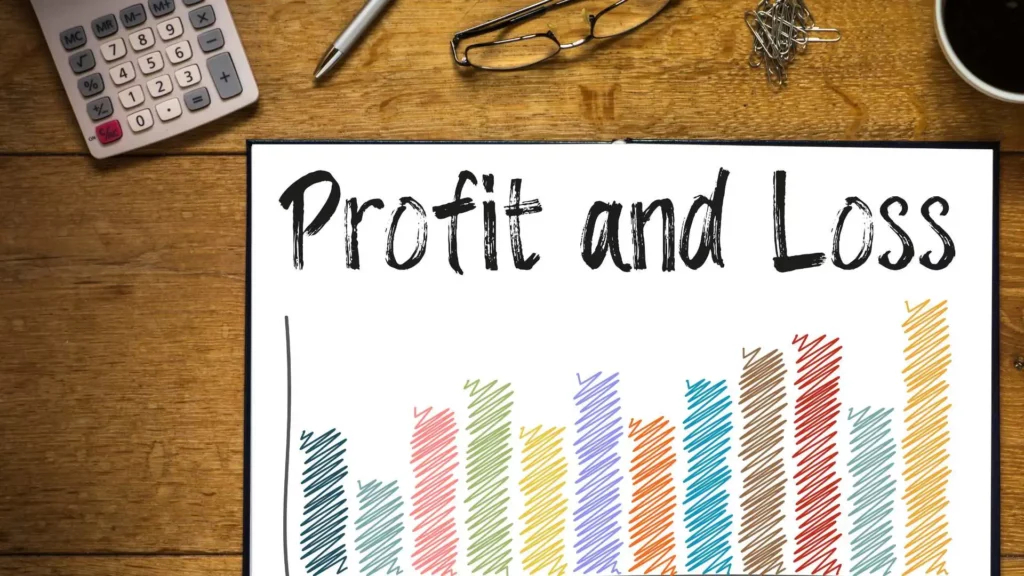You might not want to make a new year’s resolution after not keeping up any resolutions in the past. However, did you know that any realistic New Year’s resolutions, slow and consistent, are more likely to be successful? Half of January has passed. It’s time to evaluate where you are in your financial resolutions with a to-do checklist.
Why don’t you try making financial resolutions that aren’t hard with our checklist? These resolutions may not get you immediate results but will secure your long-term financial future after some years. A financial resolutions checklist will work on this logic: Increasing income, reducing spending, saving for a fund and paying off debt.
Increase your income
You can work part-time or find a side gig to make some extra cash during the spare time you have. You can also try finding a higher-paying job in the new year. When you change jobs, you can expect an increase of 10% or more. Or, at least, you can ask your boss for a raise.
Spend less
Try to cut down on spending by developing various strategies. Some of these simple strategies may include: shopping only if you get coupons, using apps that give you cashback, adjusting your buying list to be eligible for discounts, looking for promotions, not taking your credit card to the shop so that you don’t change your plans to buy more, etc.
Budgeting can help you if you don’t find any discount offers. You can create a budget that will set aside funds for spending in different categories. Stick to the budget. And do anything that it takes to save — even if it means cycling to work, downsizing your house, sharing a TV subscription, cooking at home instead of a takeaway, selling everything you wouldn’t use, etc. Do it.
Secure your future
When saving feels like too much hard work and a painful sacrifice, think about why you are saving. Saving will help you reach your ultimate financial goals like buying a house or car, paying for your children’s college education, and funding your relaxed retirement.
Recent surveys have found that people fund only 7% of their total income for the retirement plan. That much money isn’t enough. Ideally, you must save a fifth of the income for retirement.
And to see if you are on the right track to be in a position to pay for your child’s college education, you can multiply your child’s age by $3,000. If you have at least this amount, you will have a third of the required total college fee for an in-state public four-year college. For an out-of-state public four-year college, you can multiply the child’s age by $5,000. Multiply by $7,000 for a private 4-year college.
The more money you have will reduce the chance of getting into debt, or at least reduce the interest you would be paying.
I’m not on track. What should I do?
Any change in your lifestyle isn’t going to be easy. You will have to make some adjustments and sacrifices if you want to achieve something in the future. You can start by saving a portion of your salary for college education or retirement by scheduling automatic monthly transfers to your savings account. This way, you will not have the opportunity to spend money that has to be set aside for your future. Some people also transfer any bonus, raise, or gift they receive to the savings account without spending the bonus money on a special meal.
Every year, have the habit of evaluating your goals and investment asset allocations (the percentage invested in high-risk investments and low-risk investments). Check if everything is up to date and relevant to your financial goals.
If you are into investing, diversify your portfolio to reduce risk. Have long-term plans and don’t expect easy and quick returns during fluctuations. You can also consider investing in index funds, mutual funds and exchange-traded funds (ETFs).
Get out of that debt
Check your credit reports regularly. You will be able to make out if everything is smooth or you struggle to complete monthly payments and are carrying forward payments to the next month. You should adjust your lifestyle to maintain financial stability and also reach your financial dreams.
Make paying off debt your priority. Do whatever it takes to pay off the debt. You can also see if you can refinance your debt and check if you would qualify for a lower fixed interest rate. However, read everything carefully before you refinance. Some refinancing opportunities reduce the monthly payment by increasing the repayment term, increasing the total interest you pay during the entire duration of the loan.
If you receive any bonus or a raise, you can pay more than the required monthly payment so that the debt with the highest interest rate will be paid off sooner. Meanwhile, here’s how you can level up in your financial life this year.
Emergency fund
An emergency fund is essential and crucial because an unexpected expense can shatter every progress you have made to pay off your debt, or take you far away from your dream house. If you have never had an emergency fund before, you start saving for an emergency fund in the new year.
Ideally, an emergency fund should have half a year’s salary. You can start by opening a new bank account or high-yield savings account that can be easily accessed by you and your family members or close friends. Now that’s a priority on your financial resolutions checklist.
Insurance
- This is as important as an emergency fund. Insurance will make sure that you are financially secure in facing anything unexpected.
- You can get life insurance or disability insurance for the primary wage-earners in your family.
- You can also sign up for a term life insurance policy with a face value of more than ten times the current annual income.
- It’s also advisable to get health insurance to cover sudden illnesses and hospitalizations.
- You can get homeowner’s or renter’s insurance to protect your assets.
- Don’t forget to check or add beneficiaries (primary and secondary) on your insurance policies, retirement accounts, and investment accounts.




















